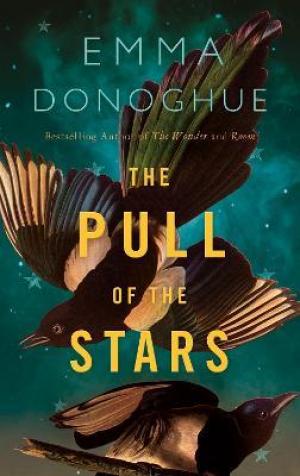

This will not change the fact that-as is made clear in this powerful, resonant novel-what Julia says about birth is also true about death. She masterfully blends the personal and social into a simmering pot that rages to a boil as the final pages approach, when Julia is presented an opportunity to transcend the powerful constraints of her time, place and circumstances. Moments in the hospital pass uneventfully, allowing Julia’s mind to drift and race, at least until another life-and-death crisis erupts, a tension heightened by the fact that Donoghue has inserted just four text breaks in this entire narrative.ĭonoghue was already deep into writing this book when the Covid-19 pandemic struck, and it is clear this is no rush job. Yet Donoghue also finds time for humor and romance. And if the Sinn Feiners are treated irreverently, a secretive Irish Catholic child care system that abused, exploited and dehumanized generations is cast in the justifiably harshest of lights.Įmma Donoghue masterfully blends the personal and social into a simmering pot that rages to a boil as the final pages approach. Meanwhile, a world war and a pandemic rage beyond the hospital walls, and hard feelings linger from the doomed Easter Rising two years earlier.

The Pull of the Stars, which takes its title from the Italian origin of the word influenza, unfolds over the course of All Hallows’ Eve, All Saints’ Day and All Souls’ Day-with a chatty cast of priests, nuns and philosophizing orderlies running about-adding to the sanctified air Donoghue establishes. Also like Nick, Julia is drawn to an alluring, mysterious figure who forces her to rethink how human nature-how God, how life-actually works. It is not unlike the birthday revelation Fitzgerald’s own narrator Nick Carraway has, as youth yields to a more perilous, even tragic age.


 0 kommentar(er)
0 kommentar(er)
